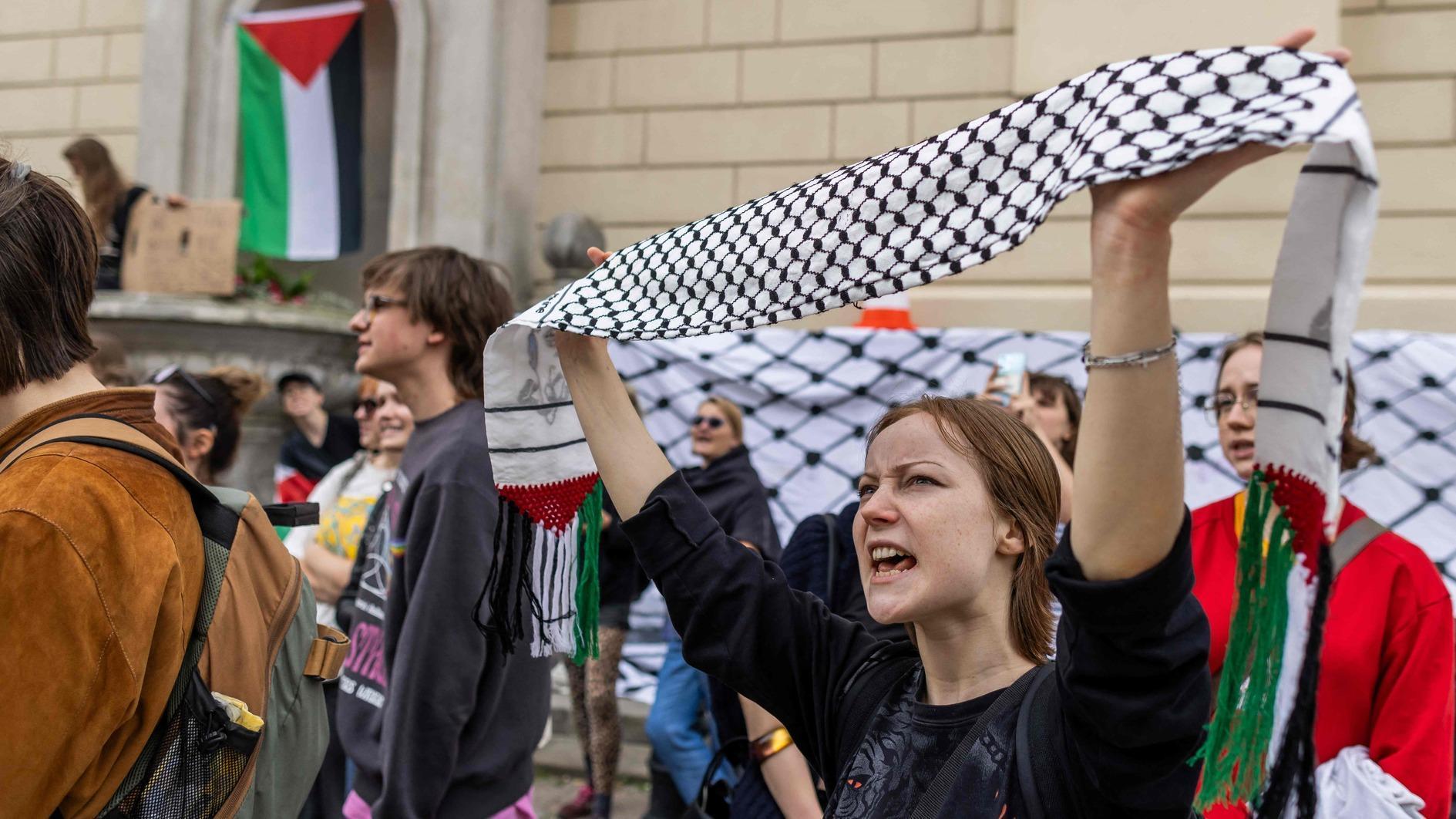
Some 93 countries have signed a letter and publicly emphasized that the International Criminal Court (ICC) must be allowed to operate “without intimidation” amid threats following arrest warrant demand for some Israeli officials.
In a joint statement issued on June 15, this group of ICC member states committed to defending the court and protecting its integrity from any political interference or pressure on the court, its officials and collaborators.
The statement came after recent warnings from ICC Chief Prosecutor Karim Khan’s office about “several forms of threats” following his applications for arrest warrants against Israeli Prime Minister Benjamin Netanyahu and several senior Hamas and Israeli officials for war crimes and crimes against humanity.
Drafted by Belgium, Chile, Jordan, Senegal and Slovenia, the statement was presented to other ICC member states for endorsement.
The signatories reaffirmed their unwavering support for the ICC as an independent and impartial judicial institution, pledging to uphold the principles of the Rome Statute and protect the court’s integrity from political pressure.
“We renew our resolve to stand united against impunity,” the group stated, emphasizing the need for all states to fully cooperate with the ICC to allow it to fulfill its mandate.
“We reconfirm our unwavering support for the Court as an independent and Impartial judicial institution. In this regard, we reiterate our commitment to uphold and defend the principles and values enshrined in the Rome Statute and to preserve its integrity from any political interference and pressure against the Court, its officials and those cooperating with it.”
Observers noted the significance of support from major Western powers such as Germany, France, Canada and the U.K., which underscored the call for global cooperation with the court.
The Guardian earlier revealed that the former head of the Mossad, Israel’s foreign intelligence agency, allegedly threatened a chief prosecutor of the international criminal court in a series of secret meetings in which he tried to pressure her into abandoning a war crimes investigation.